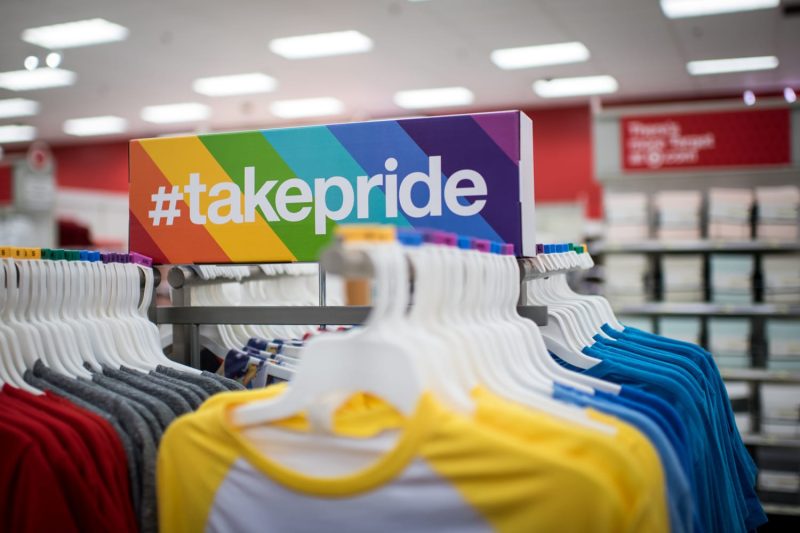
The Rise and Fall of a Pride Index: Unraveling the Conservative Backlash
In the battle for equality and social justice, the concept of being woke has become a lightning rod for controversy and division in modern society. What was once a rallying cry for progress and awareness has now been weaponized by both sides of the political spectrum in what can only be described as a war on woke. This cultural clash has taken many forms, from online debates to real-world policy battles, and has even seeped into the realm of corporate responsibility and influence.
One surprising battleground in the war on woke is the Corporate Equality Index (CEI), a widely recognized measure of LGBTQ inclusivity in the workplace developed by the Human Rights Campaign (HRC). Initially hailed as a groundbreaking tool for promoting LGBTQ rights and visibility, the CEI has recently found itself under attack from conservative groups and media outlets. This shift in perception has raised important questions about the role of identity politics in corporate America and the wider implications of the culture war on social progress.
At the heart of the controversy is the perception that the CEI has become a tool for promoting a woke agenda rather than a genuine commitment to LGBTQ equality in the workplace. Critics argue that the index has strayed from its original mission of fostering inclusivity and has instead become a mechanism for virtue signaling and political posturing. They point to instances where companies that have received high scores on the CEI have faced backlash for perceived hypocrisy or lack of tangible support for LGBTQ employees.
On the other side of the debate, supporters of the CEI view it as a crucial instrument for holding corporations accountable for their treatment of LGBTQ employees. They argue that the index serves as a valuable resource for consumers and job seekers looking to support companies that prioritize inclusivity and diversity. Furthermore, they contend that the backlash against the CEI is part of a broader backlash against progress and social change, driven by fear and misinformation.
The clash over the CEI mirrors the larger cultural divide in society, where issues of identity, representation, and social justice have become deeply politicized. As the war on woke continues to intensify, it is essential to critically examine the motivations and consequences of these conflicts. While corporate involvement in social issues can be a force for positive change, it is also susceptible to manipulation and exploitation for political gain.
In conclusion, the war on woke has permeated all levels of society, including the corporate world, where institutions like the CEI have become battlegrounds for competing ideologies. As the debate rages on, it is crucial to remain vigilant and discerning in evaluating the true impact of these conflicts on marginalized communities and the broader fight for equality and justice. Only by engaging in open dialogue and promoting understanding can we hope to move beyond the divisiveness of the culture war and towards a more inclusive and equitable future for all.
